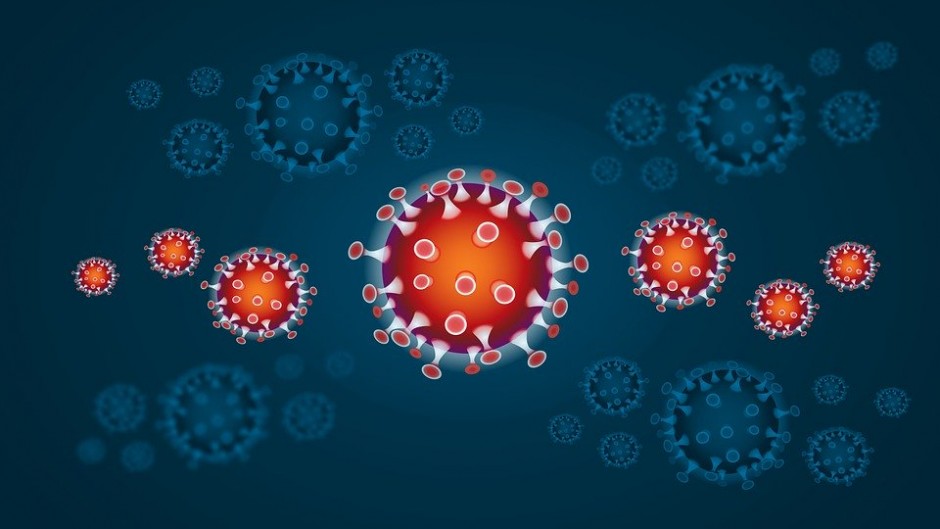 Menu
Menu
 Menu
Menu
Coronavirus disease (COVID-19) is a new strain of the Coronavirus family that has not been previously identified in humans.
Common signs of Coronavirus infection include high fever, cough, shortness of breath and difficulty breathing. In more severe cases, the infection can cause pneumonia, severe acute respiratory syndrome, kidney failure and even death.
The elderly and people with chronic illnesses are particularly more vulnerable to this virus, however anyone can be infected.
COVID-19 can be spread directly, through contact with an infected person (for example, through coughing or sneezing droplets) or indirectly, through contact with surfaces contaminated by infected people.
Protect yourself by taking some important basic measures recommended by health organisations:
If you know you have been in contact with an infected person or have symptoms, you will need to isolate yourself and call your general practitioner. He/she will assess you and let you know what to do next.
For more information on how to proceed in these cases, please check the Health Service (HSE) website here.
Note that most people with coronavirus only experience mild symptoms and get better within a few weeks. However, it is important that you take preventive measures, avoiding contact with other people, as during this phase you can transmit the virus to other people.
Take care!
